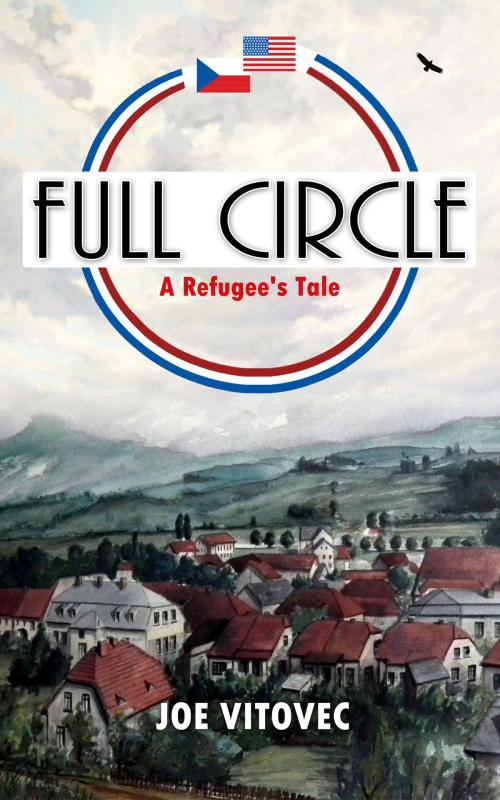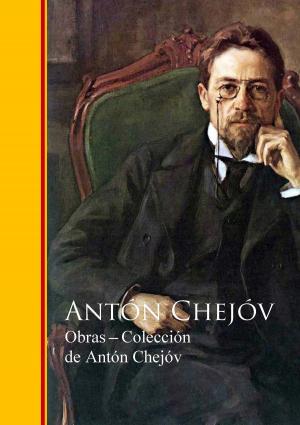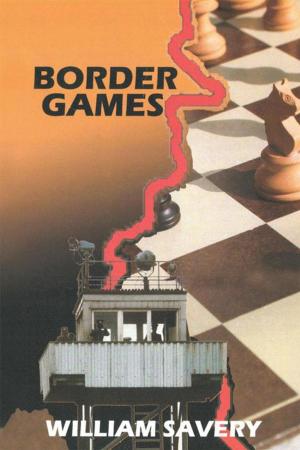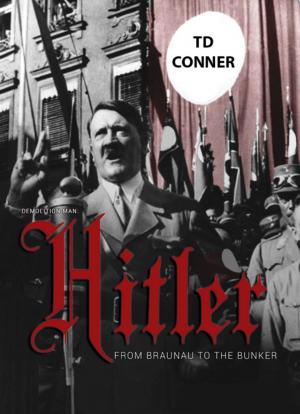| Author: | Joe Vitovec | ISBN: | 9781370953400 |
| Publisher: | Joe Vitovec | Publication: | January 19, 2017 |
| Imprint: | Smashwords Edition | Language: | English |
| Author: | Joe Vitovec |
| ISBN: | 9781370953400 |
| Publisher: | Joe Vitovec |
| Publication: | January 19, 2017 |
| Imprint: | Smashwords Edition |
| Language: | English |
The day Jan Neuman saw the tanks rumble through his peaceful mountain town in 1938 would be the first of a chain of events – the war; the German occupation of his country; the brutal reign of the SS commandant Klaus Fuchs who sends his friend to a concentration camp; the liberation by the Americans and the subsequent occupation by the Russians, and the communist coup d’état that would force him into exile.
The communist government sees him as an ‘enemy of the state,’ and he has to escape into Germany and seek exile in the West. There he hopes to join a Czech legion being formed from the escapees to liberate his homeland, but his expectations are dashed--the legion does not exist. Instead, strife and famine abound. Desperation and hunger drive him and his friends to join the French Foreign Legion. France does not treat them kindly. As their fortunes spiral downward, a letter from his friend, Daniel, rekindles his hope. It speaks of the opportunity to immigrate to America. Pursued as a deserter, Jan makes his way to southern France and crosses the Maritime Alps to Italy.
Europe is awash in refugees and Italy is the funnel through which this human detritus of war is strained. The Bagnoli Camp is the narrow end of this funnel through which all those who pass are checked, sorted, appraised for their worth, and the fortunate selected for emigration to places like Australia, New Zealand, Chile, Argentina, Canada, and America—a giant, often merciless market of souls, with the able-bodied accepted and the old or sick left behind to fend for themselves.
Jan’s morale soars when he again meets Daniel and finds himself among his countrymen. One is Inka, his first heart throb, who uses and rejects him. Broken-hearted, he is nonetheless buoyed by his selection to immigrate to the land of his dreams--America.
In the German embarkation camp he meets Majda, who will be the love of his life. They have a short intense relationship, make plans to marry, but are forced to part when they leave for America on different ships. They profess to reunite. Unknown to Jan, Majda is pregnant with his child.
Jan arrives in America at an inopportune time. Jobs are scarce because of all the soldiers returning home from the war. The ‘Red Scare’ engendered by Senator McCarthy has everyone on edge. Foreigners from behind the Iron Curtain are suspect. His search for Majda, his love, proves unsuccessful. Emotionally at a low point, his confidence receives a boost when he is promised to fly. He enlists in the Air Force. Loneliness propels him into a loveless marriage with Maria, an equally lonely cousin of his Air Force buddy.
Years pass. Resigned to their fate, Jan and Maria go on until a knock on the door changes everything. A young caller, a lieutenant, introduces himself as his son. Through him, Jan learns of Majda’s whereabouts. The stress on his marriage to Maria becomes unbearable and they divorce. Rekindling their love, Jan and Majda make plans to marry, until a telegram, advising that Majda’s husband, presumed dead in Viet-Nam, had been mistakenly listed as killed in action, shatters their plans.
At the ebb of his Air Force career, by sheer chance, Jan again encounters none other than Klaus Fuchs, now a high-powered American government official. He confronts him, but a surprise revelation by Fuchs leaves Jan devastated. But fate again intervenes. The Communist regime in his homeland is overthrown. The Cold War is over. He returns to his motherland, only to find that he no longer belongs; that his roots, tenuous though they may be, are, after all, in that far-away land —America and Majda.
The day Jan Neuman saw the tanks rumble through his peaceful mountain town in 1938 would be the first of a chain of events – the war; the German occupation of his country; the brutal reign of the SS commandant Klaus Fuchs who sends his friend to a concentration camp; the liberation by the Americans and the subsequent occupation by the Russians, and the communist coup d’état that would force him into exile.
The communist government sees him as an ‘enemy of the state,’ and he has to escape into Germany and seek exile in the West. There he hopes to join a Czech legion being formed from the escapees to liberate his homeland, but his expectations are dashed--the legion does not exist. Instead, strife and famine abound. Desperation and hunger drive him and his friends to join the French Foreign Legion. France does not treat them kindly. As their fortunes spiral downward, a letter from his friend, Daniel, rekindles his hope. It speaks of the opportunity to immigrate to America. Pursued as a deserter, Jan makes his way to southern France and crosses the Maritime Alps to Italy.
Europe is awash in refugees and Italy is the funnel through which this human detritus of war is strained. The Bagnoli Camp is the narrow end of this funnel through which all those who pass are checked, sorted, appraised for their worth, and the fortunate selected for emigration to places like Australia, New Zealand, Chile, Argentina, Canada, and America—a giant, often merciless market of souls, with the able-bodied accepted and the old or sick left behind to fend for themselves.
Jan’s morale soars when he again meets Daniel and finds himself among his countrymen. One is Inka, his first heart throb, who uses and rejects him. Broken-hearted, he is nonetheless buoyed by his selection to immigrate to the land of his dreams--America.
In the German embarkation camp he meets Majda, who will be the love of his life. They have a short intense relationship, make plans to marry, but are forced to part when they leave for America on different ships. They profess to reunite. Unknown to Jan, Majda is pregnant with his child.
Jan arrives in America at an inopportune time. Jobs are scarce because of all the soldiers returning home from the war. The ‘Red Scare’ engendered by Senator McCarthy has everyone on edge. Foreigners from behind the Iron Curtain are suspect. His search for Majda, his love, proves unsuccessful. Emotionally at a low point, his confidence receives a boost when he is promised to fly. He enlists in the Air Force. Loneliness propels him into a loveless marriage with Maria, an equally lonely cousin of his Air Force buddy.
Years pass. Resigned to their fate, Jan and Maria go on until a knock on the door changes everything. A young caller, a lieutenant, introduces himself as his son. Through him, Jan learns of Majda’s whereabouts. The stress on his marriage to Maria becomes unbearable and they divorce. Rekindling their love, Jan and Majda make plans to marry, until a telegram, advising that Majda’s husband, presumed dead in Viet-Nam, had been mistakenly listed as killed in action, shatters their plans.
At the ebb of his Air Force career, by sheer chance, Jan again encounters none other than Klaus Fuchs, now a high-powered American government official. He confronts him, but a surprise revelation by Fuchs leaves Jan devastated. But fate again intervenes. The Communist regime in his homeland is overthrown. The Cold War is over. He returns to his motherland, only to find that he no longer belongs; that his roots, tenuous though they may be, are, after all, in that far-away land —America and Majda.















